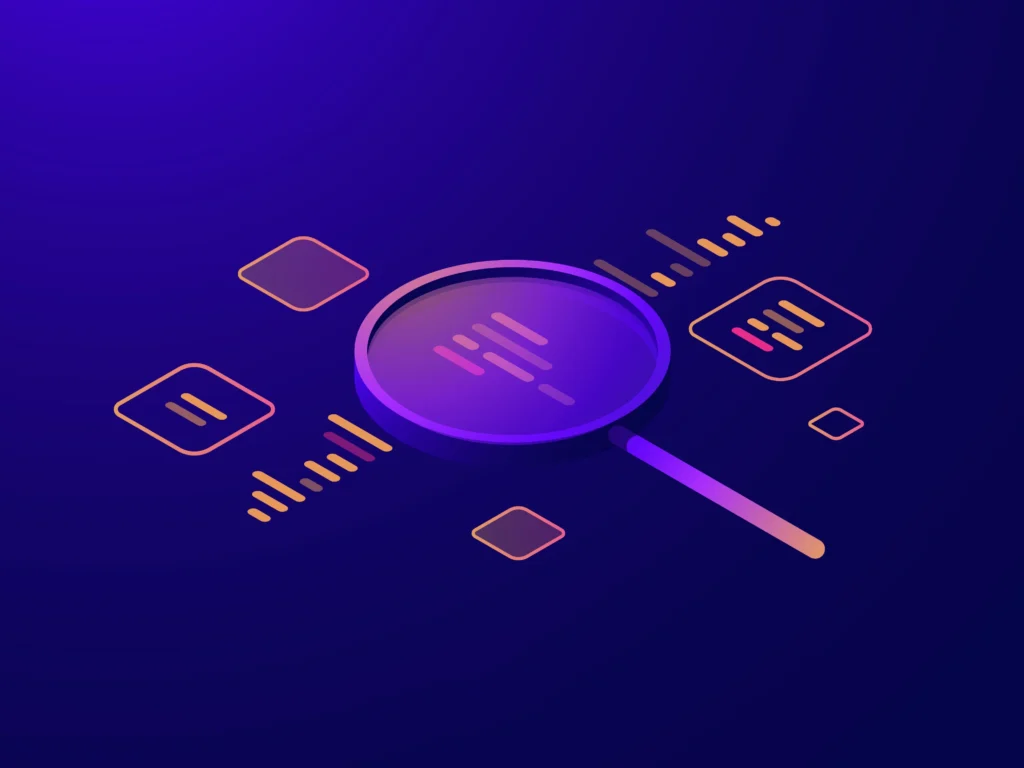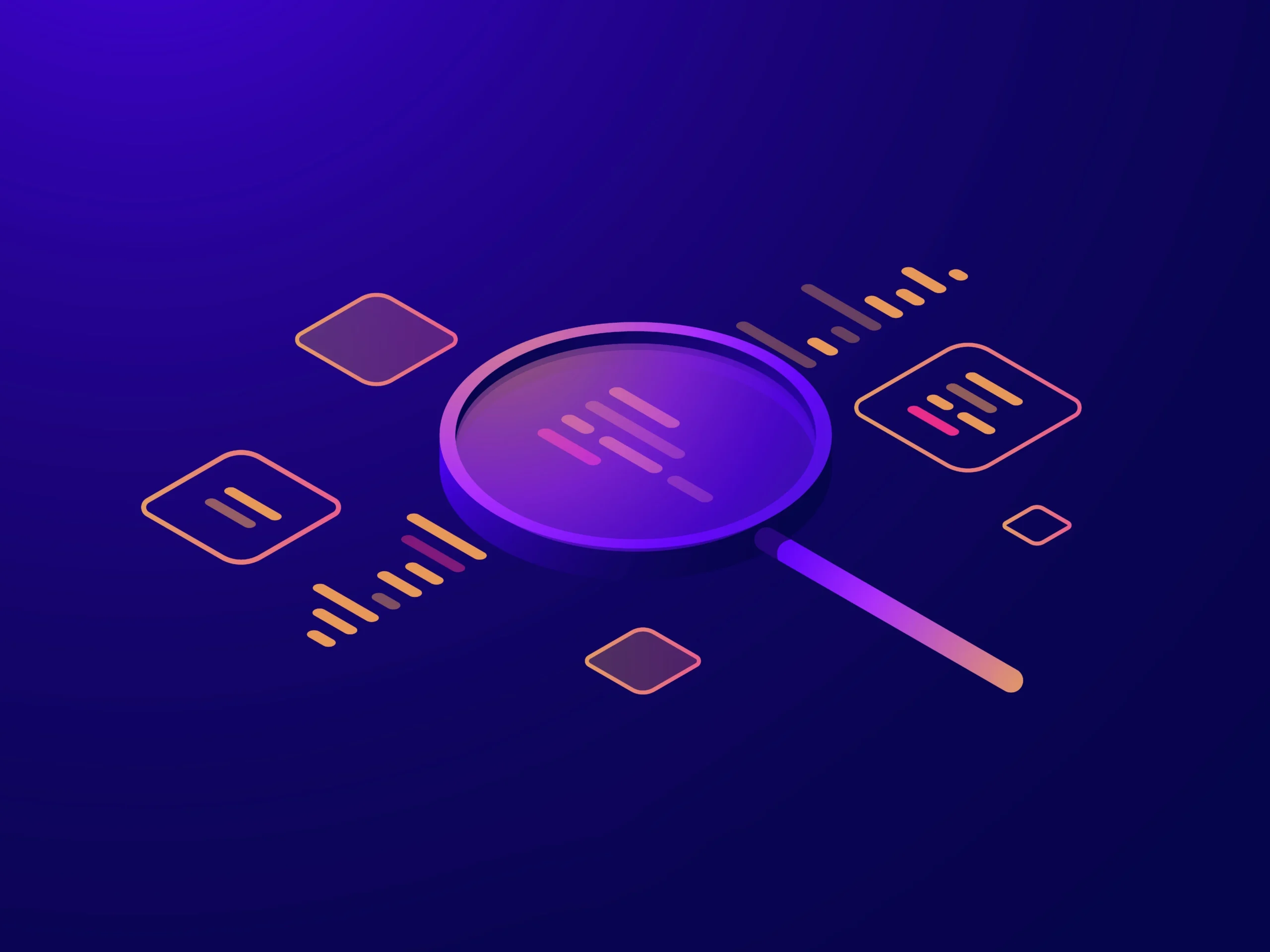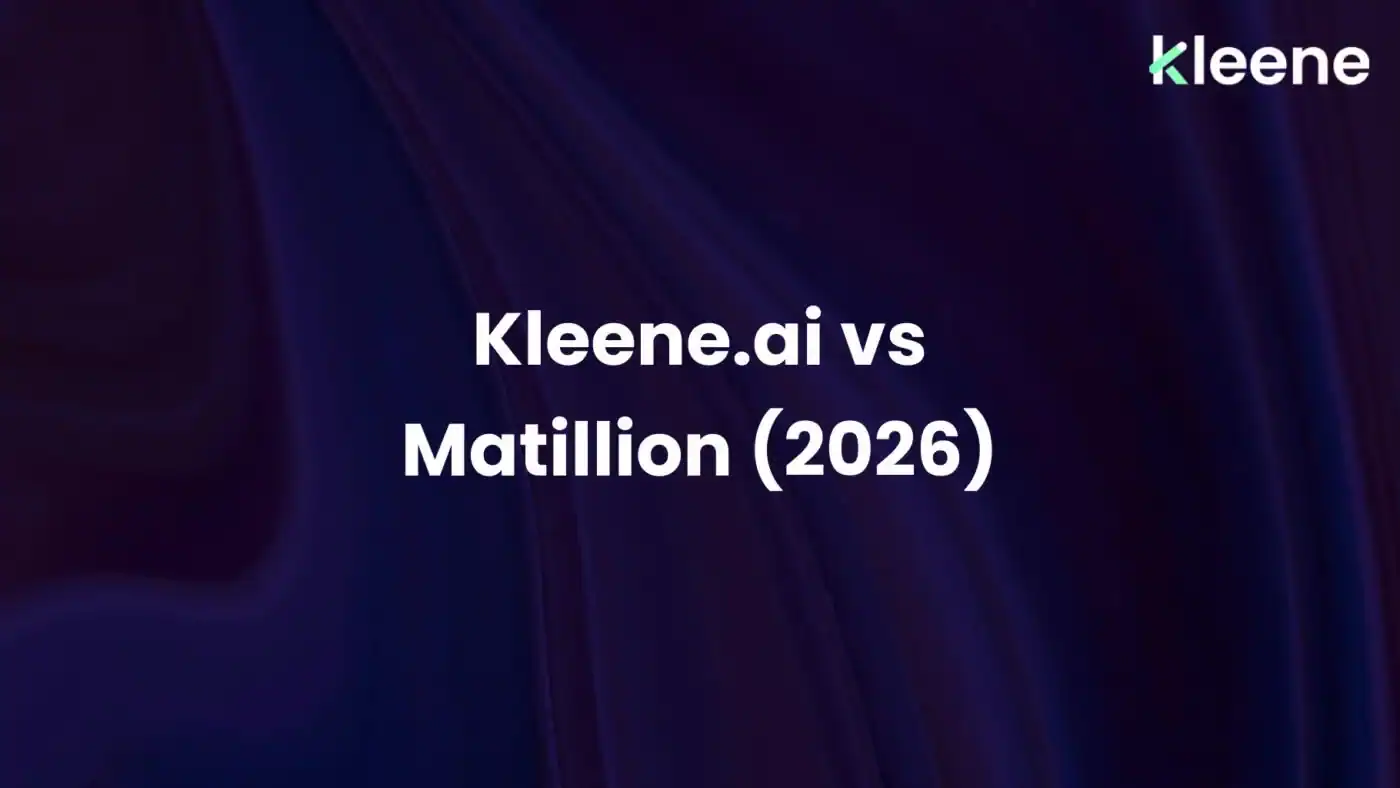The importance of making informed decisions swiftly and effectively cannot be overstated. Two of the most transformative technologies that are critical for data-driven decision-making and operational efficiency are Enterprise Resource Planning (ERP) and Business Intelligence (BI). These systems, while distinct in their functionality, integrate seamlessly to offer substantial benefits to businesses in diverse industries.
This powerful combination holds the key to unlocking a new realm of growth and success. By investing in both ERP and BI systems, your organization can navigate the complexities of the digital era with confidence and thrive in an era of fierce competition.
In this blog, we will explore what ERP and BI systems are, their symbiotic relationship, and the invaluable benefits they offer in driving long-term success for your organization.
ERP and BI: Overview
ERP systems are the operational linchpins of an organization. They unify multiple business functions – including finance, human resources, sales, and manufacturing – into one integrated system. This results in a holistic view of ongoing operations and encourages cross-functional collaboration by dismantling data silos.
On the other hand, BI technologies concentrate on the strategic manipulation of data. These powerful tools provide in-depth insights into business performance, predict market trends, and identify operational bottlenecks. BI empowers you to make fact-based decisions and formulate strategic plans.
Is BI an ERP system?
No, BI is not an ERP system. While ERP systems focus on integrating and managing various business functions, BI tools are designed to analyse data and generate insights.
How is ERP related to BI?
ERP (Enterprise Resource Planning) systems and Business Intelligence (BI) tools are deeply interconnected, forming a powerful combination that drives informed decision-making and operational efficiency within an organization. ERP systems serve as the backbone of a company’s operations, managing and centralizing key business processes such as finance, supply chain, human resources, and customer relationship management. These systems generate and store vast amounts of data across various functions, providing a comprehensive, real-time view of the business.
However, while ERP systems are excellent at capturing and managing transactional data, they are not inherently designed to analyse this data in a way that provides actionable insights. This is where Business Intelligence (BI) tools come into play. BI tools are specifically designed to analyse data, identify patterns, and generate reports that support strategic decision-making. By integrating with ERP systems, BI tools can access the rich, detailed data stored within the ERP, transforming it into meaningful insights that help organizations understand their performance, identify opportunities for improvement, and make data-driven decisions.
The integration of ERP and BI enables organizations to extract maximum value from their data by providing a seamless flow of information from operational processes to analytical platforms.
This synergy allows businesses to go beyond basic reporting and delve into predictive and prescriptive analytics, offering a deeper understanding of trends, customer behaviours, and operational efficiencies. For instance, by analysing ERP data through BI tools, companies can forecast demand more accurately, optimize inventory levels, improve financial planning, and enhance overall productivity.
Moreover, the combination of ERP and BI enhances data accuracy and consistency across the organization. Since the data originates from a single, centralized ERP system, it ensures that all departments are working with the same set of reliable information, reducing the risk of discrepancies and ensuring that everyone is aligned with the company’s goals and strategies.

Combining ERP and BI: A Symbiotic Relationship
When Enterprise Resource Planning (ERP) and Business Intelligence (BI) systems join forces, they create a formidable data-driven powerhouse that equips your business with the competitive edge required to thrive in the dynamic corporate landscape. ERP systems act as the primary data source, capturing and organizing critical information across various departments and processes within your organization. On the other hand, BI tools harness the power of data analytics to process and analyse this wealth of information, transforming it into actionable insights.
For instance, let’s consider the management of inventory. ERP systems efficiently track stock levels, monitor supply chain activities, and ensure seamless coordination between different departments involved in procurement and distribution. However, it is the integration with BI tools that takes this data to the next level. By analysing historical sales patterns, market trends, and external factors, BI systems can anticipate future demand with a high degree of accuracy. This empowers your organization to optimise stock levels, streamline inventory management, reduce costs associated with excess stock or stockouts, and ultimately enhance customer satisfaction through timely product availability.
The integration of ERP and BI systems offers tangible benefits that go beyond streamlining processes. It empowers your organization to make data-driven decisions based on comprehensive insights, enabling proactive actions that align with market demands and customer preferences.
Read now: 4 ERPs Limitations You Can Solve with Kleene.ai
BI Transformation in a Retail Company
Retail companies that distribute product ranges among independent resellers encounter specific challenges, particularly when it comes to managing seasonal sales fluctuations and operational activities. To tackle these obstacles head-on, these companies increasingly rely on the combined power of business intelligence (BI) tools and enterprise resource planning (ERP) software.
BI tools play a vital role in this equation by analysing diverse data sources such as sales figures, financial data, and customer information. Through in-depth analysis, BI tools provide valuable insights and generate reports that shed light on the efficiency and performance of these data sources.
The information is made accessible to company employees, enabling them to track sales performance, balance the books, and create KPI dashboards. These shared goals and actions foster collaboration among different departments, ultimately driving the company towards success.
Why It’s Time to Act Now: ERP and BI for Maximum Business Value
The integration of BI and ERP systems is not only vital but also brings a multitude of benefits that address various organizational needs. By implementing these systems together, your business can achieve a seamless blend of enhanced operational efficiency, informed decision-making, real-time insights, and improved collaboration.
This integration goes beyond just improving internal processes. It breaks down data silos and fosters collaboration across departments, enabling a unified approach towards shared objectives. With data accessibility for all stakeholders, teams can work seamlessly together, leveraging the power of data to drive growth and success.
Moreover, the combined power of ERP and BI systems offers a customisable and scalable solution. This ensures that the integrated system can be tailored to meet specific team requirements, accommodating your organization’s unique needs. As your business evolves and expands, the integrated solution can grow with you, effectively managing and interpreting data while providing the flexibility needed to support your continued growth.
In essence, embracing the integration of BI and ERP systems allows your business to operate with heightened efficiency, make well-informed decisions based on real-time insights, foster collaboration across departments, and adapt to future needs. This fluid integration sets the stage for sustained success, enabling your organisation to navigate the ever-evolving business landscape with confidence and achieve long-term growth.
Conclusion
In today’s data-driven business landscape, the integration of ERP and BI systems has become a necessity rather than a luxury for modern organizations. By investing in both systems, you can unlock a multitude of benefits, including improved operational efficiency, superior decision-making, and sustained growth.
Utilizing a platform like Kleene.ai further enhances your capabilities, providing all the tools you need to develop custom business intelligence, generate insightful reports, and facilitate strategic decision-making. Make the decision to leverage the power of ERP and BI synergy, and position your organization for long term success.
You may also like:



